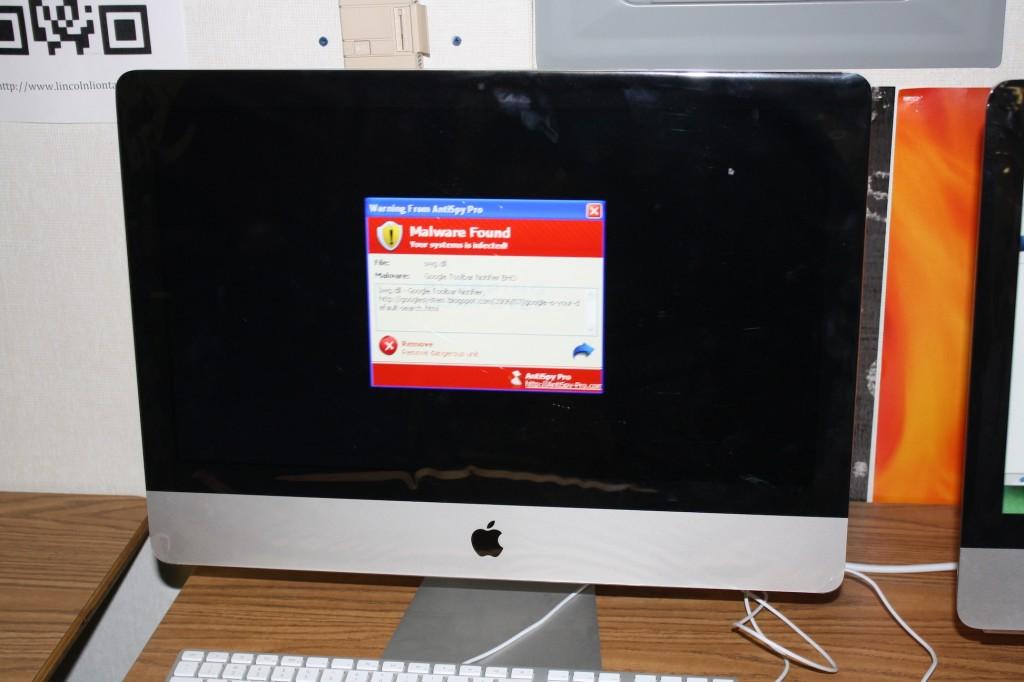Common Sense on the Internet
It’s really just a series of electronic tubes.
The Internet is a wonderful thing, but it also contains detrimental software that will attempt to harm your computer.
It is important to be safe on the internet, as there are many malicious viruses. How to prevent this horrible fate from happening to you? It’s simple. Don’t get a computer Don’t download or install any programs from unreliable or untrustworthy sources to avoid malicious software (malware) being downloaded onto your computer. Keep all software updated, as older versions have more exploitable weaknesses.
If preventing harmful software from getting on your computer is impossible, either because the computer came with it or you accidentally/purposefully download some, then you should get an anti-virus or malware remover. The anti-virus program scans all your stuff and tells you if there are viruses in it, and the malware remover, surprisingly enough removes malware.
Your computer isn’t the only thing in danger from careless web use. In this new age of information, your privacy can also be endangered. Social media posts, while harmless individually, can turn into a complete profile of you! For example, if they know you like chocolate, and they know you like ice cream, they can deduce that you like chocolate ice cream. Personal information, like your full name, location, school and social security number shouldn’t be posted on the web for everybody to see. Such information can be used to steal your identity by anyone dastardly enough to do so.
Remember: most posts posted stay on the Internet. Anyone in the world can see it. Anyone.

Nick Zandbergen is the one who reads through the archives hunting for typos and throws an eerily accurate Frisbee.







